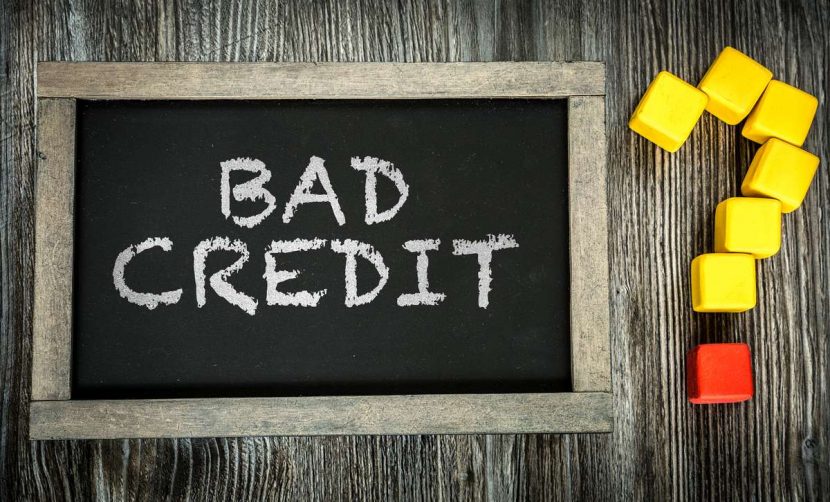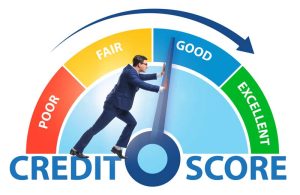There is no the importance of having a good credit score. It is vital to maintain a high credit score to get best loans and credit cards. There are 4 credit bureaus in India that can give you a credit report, they are, CIBIL, Equifax, Experian and CRIF Highmark. It is advisable to keep a credit score of 700 or above if you want the best offers and rates and loan terms when you go to apply for a home loan, business loan or personal loan. While there is a lot of literature on the internet on how to improve your credit score there is less talk about what not do to avoid getting a bad credit score or things that will mess up your credit score.
So here is a list of things that can give you a bad credit score:
1. Regularly paying your bills late
Your bill payment history and patterns matter when it comes to your credit report. Both your bill payments as well as EMI payments are taken into consideration. Regularly making late payments shows that you are not trustworthy and responsible. When you pay your bills on time it is a sign of your credibility and gets you a better score. So make sure you pay your bills and EMIs on time
2. Exhausting your credit limit
It is not advisable to use your credit ratio beyond 50% of your credit limit. Even if you pay your repayments on time, it will be considered a high risk if you exhaust and max out your credit cards. Your debt ratio should be proportionate to your income ratio.
3. Not routinely checking your credit report
Even though we are all aware of how important a credit score is, the majority of us never check it. It is not at all among our financial priorities. This is definitely not good. You can better understand your credit situation and take the required actions to raise your credit score by routinely checking your credit score and credit report. Additionally, this can make it easier for you to find and promptly fix any inaccuracies or mistakes in your credit report.
4. Not having credit cards at all
Both not having any credit cards and abusing your credit cards are terrible. Revolving credit is provided by credit cards. If you don’t have a credit card, you won’t be able to demonstrate your long history of responsible credit use to lending institutions, which they require. Contrary to popular belief, not having any credit cards will have a negative impact on your credit just as much as having too many.
5. Co-signing on debt isn’t always a good idea
A solid credit score can be quickly damaged by co-signing for a friend or family member on a credit card or loan. A bigger debt burden may have an impact on your credit score, and first, the financial obligation will be immediately shown on your credit record. Second, missed payments made by your friend or relative will show up on your credit record. In the event that the account is ultimately turned over to collections, it will also show up on your credit report.
6. Not having a healthy credit mix
About 10% of your credit score is determined by your credit “mix,” which is the assortment of credit that appears on your report. When you only have one sort of credit, like credit cards, on your report, your score will probably drop due to the lack of information. Credit cards, student loans, mortgages, and lines of credit, among other things, can all be part of a good credit mix. This variety of credit shows lenders that you are capable of handling a range of credit types appropriately.
7. Legal proceedings against your name
Your credit score can be impacted if you are tied up with some kind of a legal mess. It’s better to resolve and get out of the legal proceedings as soon as possible
8. Not disputing credit report errors
If there is an error in your credit report that you have noticed you must dispute it and get it resolved. If you don’t that mistake can stay on your credit report and cause bad effect on your credit score. So it is advisable to contact the credit bureau and request an investigation.
9. Not filing your income tax returns on time
You must submit your IT returns on time whether you are liable to pay tax or not. The system keeps track of late returns, which might negatively impact your credit score.
10. Making multiple credit inquiries
A large number of credit requests in a short period of time will negatively affect your credit report over time. The current credit score system enables borrowers to quickly compare offers for similar loans, including auto financing, without the requests being counted as multiple applications. Your credit score can rise within three months of your previous hard query if you manage your current credit cards wisely.




